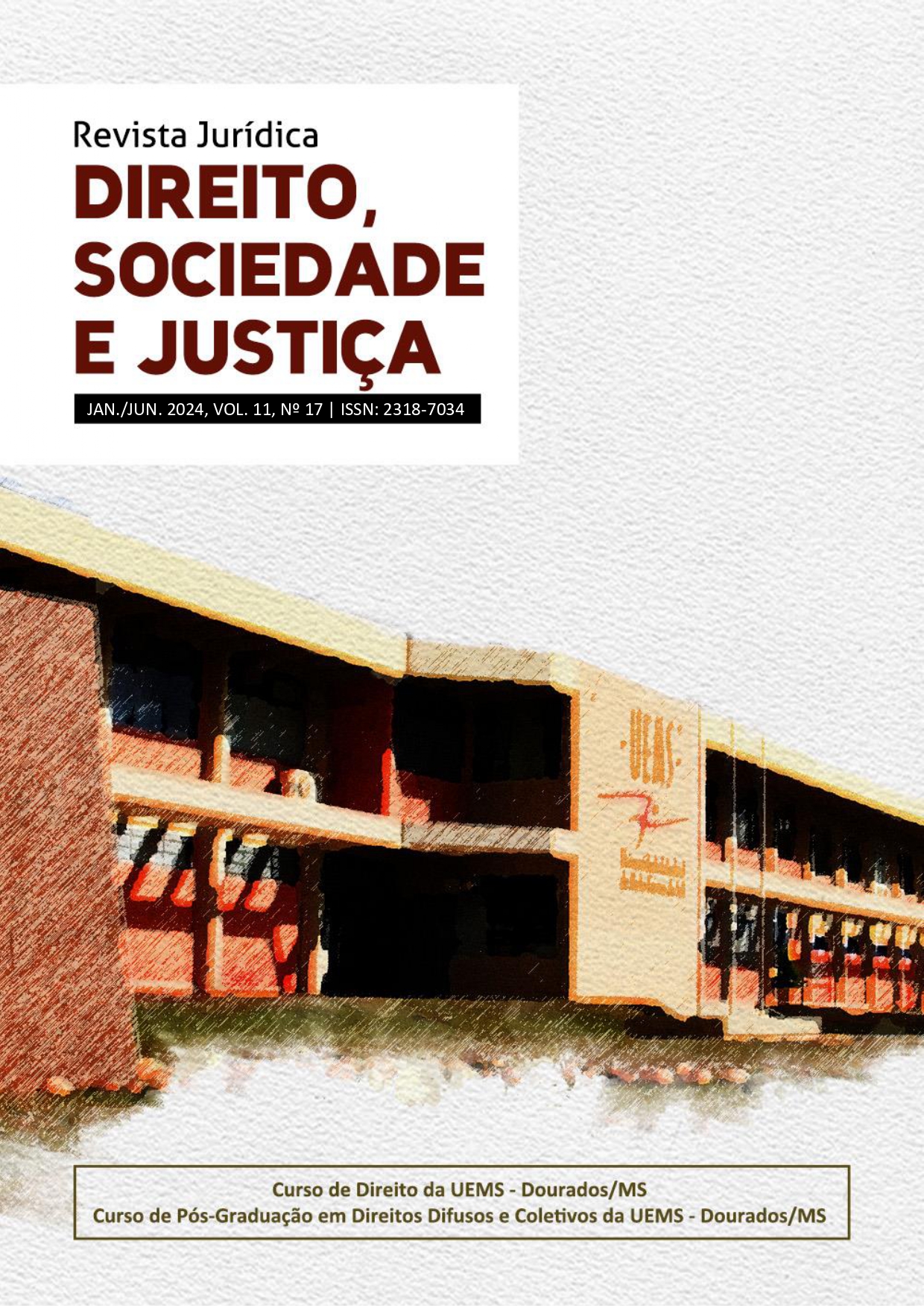Th
DOI:
https://doi.org/10.61389/rjdsj.v11i17.8438Abstract
The General Data Protection Law (LGPD) Law 13,853/19 brought the main foundations: a) the protection of personal data; b) respect for privacy; c) informational self-determination; and d) the inviolability of intimacy, honor and image. The present work aims to analyze the application of this regulation to Extrajudicial Services, focusing on aspects such as guaranteeing publicity and its adequacy to the terms of the LGPD and changes in routines in notarial and registry activities. The need for data protection in Brazil was examined, which was quite deficient until the sanction of the LGPD, and the influences within the scope of extrajudicial notary offices regarding determinations of care with the processing of personal data, especially due to the fact that many of the services provided concern the provision of certificates that contain sensitive data from several people. Thus, it was inferred that the restrictions imposed on access to this type of information do not violate the principle of publicity, but merely regulate what was previously carried out in an unrestricted manner, with the sharing of data without the consent or awareness of those involved. This time, the research problem consists of: how to apply the LGPD, based on data protection to bodies in which advertising is essential? The production was based on critical bibliographical documentary research, based on legal texts and other legal documents related to the topic. Evidently, this research did not exhaust the subject, but it was possible to bring to discussion some of the main aspects linked to the theme.
Downloads
Published
How to Cite
Issue
Section
License
O envio de trabalho implica que seu(s) autor(es) concede(m), formal e gratuitamente, à Revista Direito Sociedade e Justiça, os direitos autorais, caso o mesmo seja aceito para publicação, de o incluir, publicar e divulgar em qualquer meio, inclusive em arquivos virtuais, Cd-Rom (ou equivalente), revistas impressas, na página virtual do curso, etc..
Caso referida revista, em qualquer dos seus meios de publicação, sejam comercializadas ou de alguma forma patrocinadas, não retirará a natureza de gratuidade anteriormente prevista.
Os trabalhos publicados terão caráter subsidiário para os usuários na elaboração dos seus estudos, pesquisas, trabalhos científicos e acadêmicos, bem como demais atividades pedagógicas, podendo ser impressos para essa finalidade, sendo que a utilização para fim diverso do aqui estabelecido dependerá de autorização do autor e do conselho editorial da revista.

